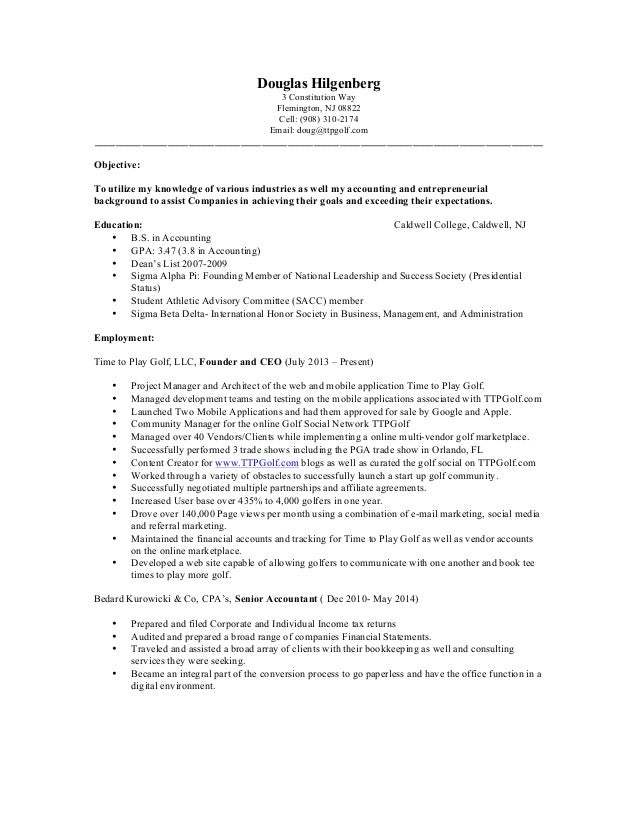
of Taxation could not use the Inheritance Tax laws to disallow estate expenses, since the NJ estate tax is the federal “State death tax credit amount ” therefore, expenses allowed by the IRS must be allowed by NJ.īut after another denial, the Estate filed a lawsuit challenging, among other issues, the disallowance of the marital deduction. In July 2011, the Estate filed a timely administrative protest, maintaining that NJ Dept.

The Court added that it was “not bound by the IRS determination to recognize Misha Dabich as a common-law spouse” pursuant to a September 2008 settlement with Dabich and a subsequent 2009 amendment. The Court’s reasoning, according to the Notice, was that “he common-law marriage claim of Dabich is not recognized by” New Jersey, thus, the estate’s claim for marital deduction was being “disallowed for NJ estate tax and inheritance tax” purposes.

Among other adjustments, the Notice denied the $9.9 million marital deduction. of Taxation issued a Notice of Assessment based on the amended IT–Estate. The amended items reflected, among other things, a deduction for the $9.9 million paid to Dabich, under the theory that their lengthy cohabitation period constituted a “common-law” marriage. Trouble began brewing, however, when the Estate filed an amended NJ IT–Estate and a second amended IT–R in March 2010, seeking, among other changes, a net refund of previously paid taxes totaling $1.5 million. About two years later, however, the Estate reached a $9.9 million settlement with Dabich. Although fellow New Jersey resident Misha (Michael) Dabich and Booth cohabited together for approximately 51 years, he was not named as a beneficiary in her will.

The decedent Lillian Garis Booth died testate on Novemat age 92, leaving an estate worth some $200 million.

The case presents a clear example of how state tax law does not always follow federal tax law, even though NJ tax positions are, for the most part, based on Federal ones. In a ruling that’s sure to upset some cohabitating couples, the court earlier this year ruled that, for state tax purposes, the estate of a wealthy Alpine woman could not take a marital deduction for a multimillion-dollar payout to her longtime live-in companion-even though the deduction was permitted for federal purposes. People say that love conquers all, but a decision by the New Jersey Tax Court indicates that doesn’t always hold true.


 0 kommentar(er)
0 kommentar(er)
